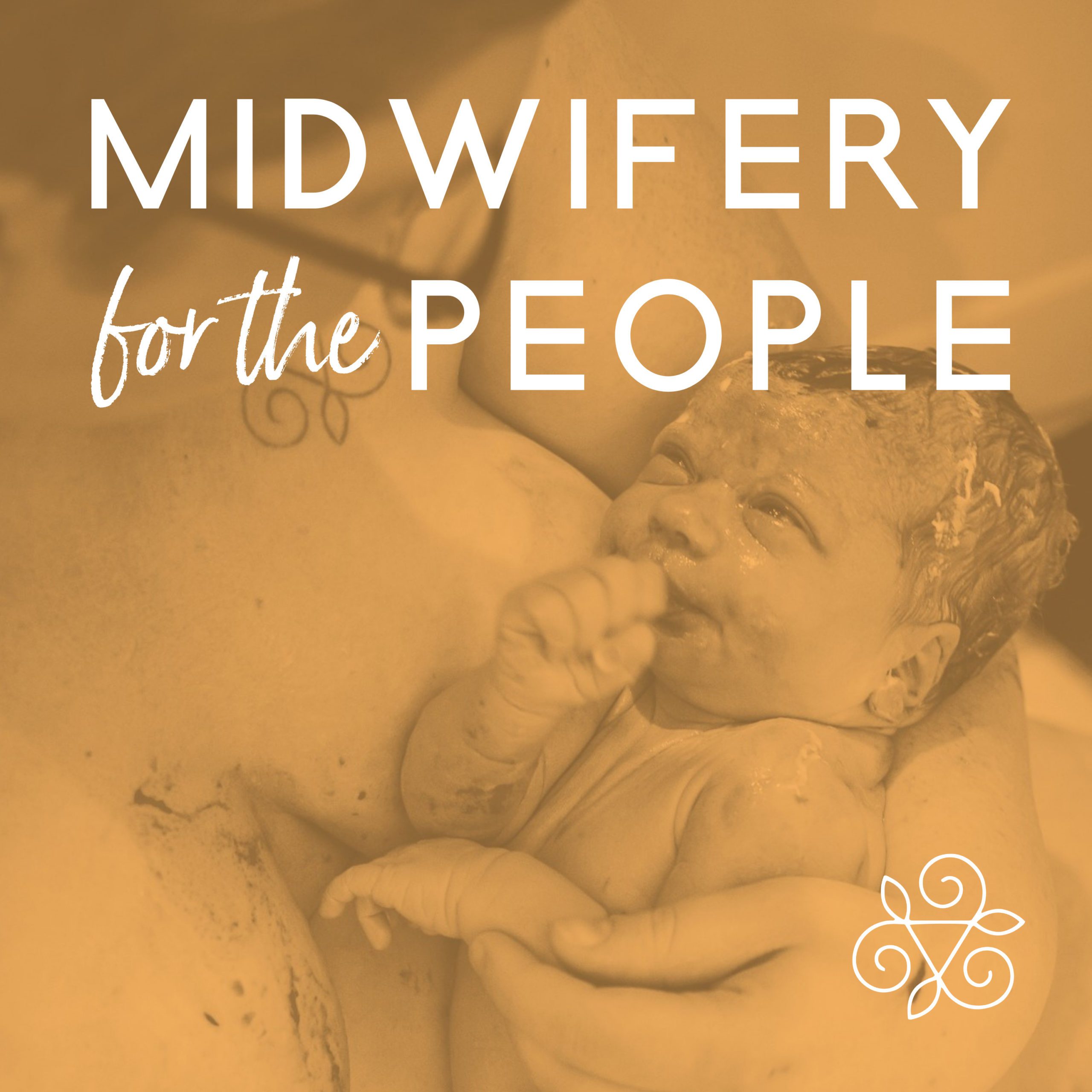Group Beta Streptococcus (GBS) testing in pregnant women is pretty standard nowadays. Like a lot of routine testing, many women don’t even know why they are being tested or what exactly they are being tested for. Most women don’t realize that each and every test is also a choice. You don’t absolutely have to consent to test for GBS.
The group beta strep bacteria lives in the gut of many healthy people. It is not an STD. The bacteria, when “normally” colonized is not a problem, and there are plenty of people walking around with it that have no symptoms and never feel the worse for it.
The problem comes in, according to some, when a pregnant woman is over-colonized with this bacteria, especially at the end of her pregnancy. The bacteria can, (and almost often does) spread to the vagina, and the baby can be at risk for contracting the bacteria and becoming infected during birth.
Even so, the stats are that 98-99% of babies born to moms that are GBS+ (over-colonized with the bacteria) do not become sick.
So, the first question to answer is, “Do I test?”. This may seem like a no-brainer, but consider that the bacteria can come and go. So, although it is uncommon for a positive test to turn into a negative test, it is very possible that a negative test turns into a positive as the due date gets closer. In this case, testing would provide a very false sense of security.
With my third pregnancy I accepted full responsibility for my choices.
Fully realizing I didn’t have to test myself for GBS, I did anyway. I made this choice consciously, and I decided I would rather know than not. For me, the positive test encouraged me to keep my immunity up, learn about signs of infection, and make my choices my choices.
A positive GBS test means antibiotics in labor, no questions asked, for some caregivers. But because many GBS tests doesn’t test for numbers of colonization, a positive test doesn’t indicate how rampant the bacteria is or isn’t. In my opinion, antibiotics is not the solution for every woman. In fact, exposing an unborn baby to antibiotics sets them up for yeast, and for contracting other deadly bacteria, like e.coli.
Antibiotics is not the easy answer to the GBS problem.
I would not agree to antibiotics in labor, even with a positive test, unless I’d had an infected baby or some other sign of GBS infection in the past (like a prior uterine infection) or if my water broke prematurely.
Whether you test or not, whether you are GBS+ or GBS-, there are things every pregnant women should do to keep themselves healthy. Eat whole, organic foods. Eat plain, unsweetened yogurt and take a good probiotic daily. And whether it is mom or baby, a healthy immune system is the best defense for any bacteria getting out of control (vitamin C, garlic, bee propolis, echinacea are all ways to support immunity).
The bottom line is, GBS testing (and treatment, if any) is your choice. Do your research and make the most comfortable choices for you.





In loved your presentation on GBS! Would you consider having it available for moms, birth professionals? It makes me crazy that it is NOT a part of early prenatal care. It is not handled with nutrition by mainstream prenatal care and most moms do not even know it may be an issue till the 11th hour…
I am your greatest devotee i love everything you all have put out so far!!! Natural intelligence, common sense, and real research, that fifth agreement question everything and get educated makes me just love you more and more! thank you thank you!!!